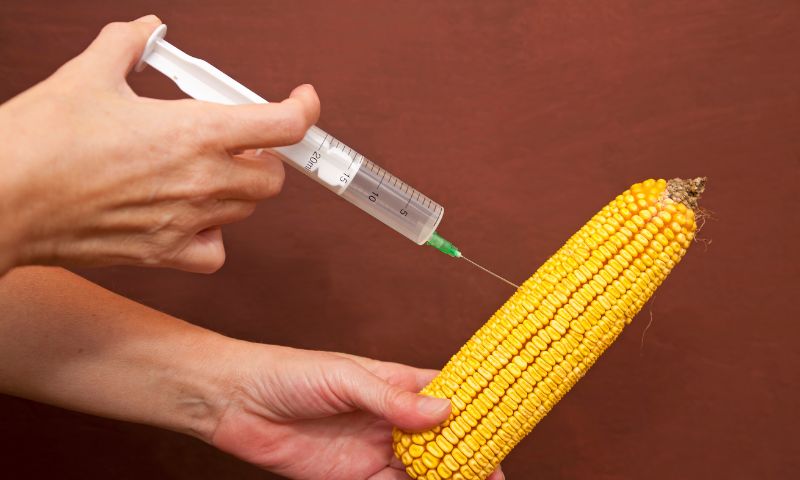Important Things To Know About GMO Foods

Genetically Modified Organisms (GMOs) have been a topic of intense debate and analysis in recent years. These organisms raise concerns about their potential impact on human health, the environment, and ethical considerations, particularly in the agricultural world.
As a consumer, it is essential to understand GMOs to make informed decisions about your food. These crucial things you should know about GMO foods will help you analyze your options next time you go shopping for groceries or order something at a restaurant.
Definition of GMOs
Genetically Modified Organisms have genetic alterations that do not happen naturally through traditional breeding methods. Scientists can achieve these genetic modifications by introducing specific genes from one species into the DNA of another to give the recipient organism desirable traits or characteristics.
Common GMO Crops
Corn, soybeans, cotton, and canola are the most common GMO crops cultivated worldwide. These genetically modified plants can resist pests, tolerate herbicides, and enhance their nutritional elements. GMO corn and soy produce proteins toxic to certain insects, reducing the need for chemical pesticides. GMO canola and cotton can withstand herbicides, making weed control more efficient for farmers.
Safety and Regulation
Before any GMO product goes to the market, it undergoes extensive evaluation by government agencies like the United States Food and Drug Administration and the European Food Safety Authority. These organizations assess GMOs’ potential risks and benefits and determine whether they are safe for human consumption and the environment. Understanding the importance of food safety is essential for a healthy population and for safer future developments that will not threaten the world.
Environmental Impact
GMO crops can have both positive and negative effects on the environment. Using GMOs reduces pesticide applications, leading to less environmental contamination and fewer harmful effects on organisms. GMO crops with enhanced tolerance to drought or pests can help farmers adapt to changing climate conditions and improve crops, reducing pressure on natural habitats.
Labeling and Consumer Choice
The labeling of GMO foods is still an issue worldwide, and it is important for everyone to know about the pros and cons. As a consumer, you have the right to know everything about GMO foods and their production process to make informed choices. Some countries and regions do not require this labeling, leaving consumers uncertain about the presence of GMOs in food.
Understanding GMO foods is essential in today’s world because these organisms play a significant role in modern agriculture and food production. GMOs are the subject of ongoing research and regulatory measures to ensure these foods are safe and sustainable and provide viable solutions to global food production challenges.
Would you like to receive similar articles by email?





